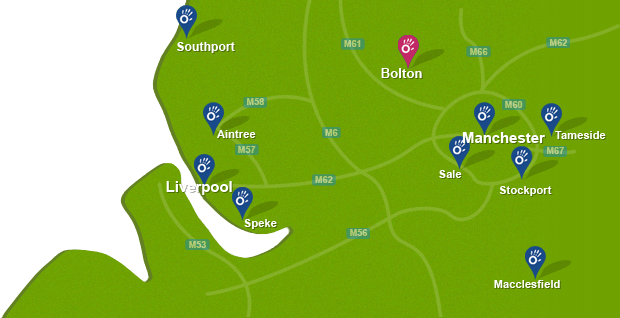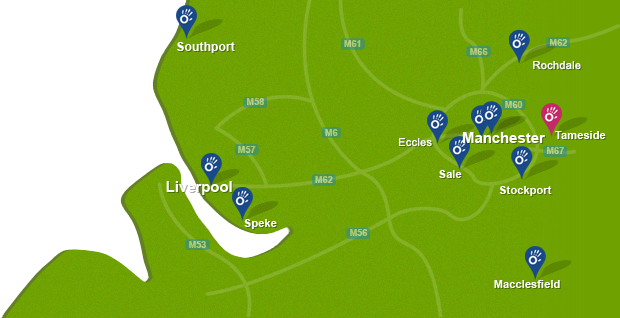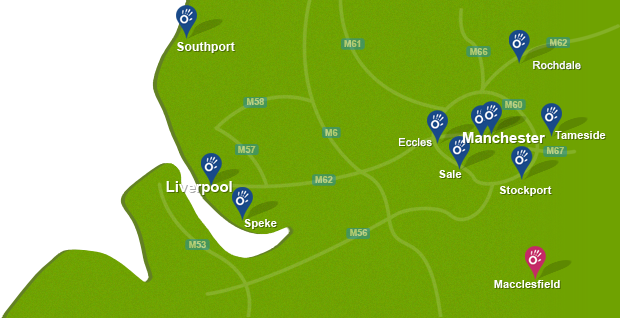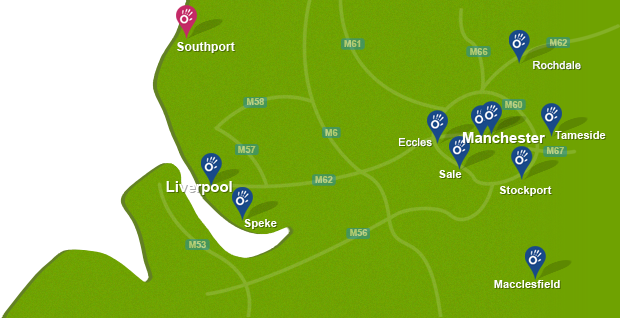 Above: Vestibular physiotherapy - passive resetting exercises
Above: Vestibular physiotherapy - passive resetting exercisesWhat is BPPV
BPPV is Benign Paroxysmal Positional Vertigo. It is a vestibular condition where calcium crystals within the inner ear become dislodged and roll around when you turn your head. The movement of the crystals triggers movement of little hairs within the inner ear. The hairs tell the brain that we are moving so when the crystals are rolling back and forward our brain thinks that we are moving and your eyes move with this thus creating room spin even when you have stopped moving your head.
B-Benign meaning there is no sinister cause
P-Paroxysmal meaning sudden attack or reoccurrence
P-Positional meaning it is specific to certain head movements
V-Vertigo meaning the sensation of the world or you moving when it should not be
It is more prevalent over the age of 50 and usually there is no known cause however there is some coloration with BPPV post head injury or ear infection.
 Above: Vestibular physiotherapy - passive resetting exercises
Above: Vestibular physiotherapy - passive resetting exercisesWhat are the symptoms of BPPV
The symptoms you will experience with BPPV will be acute vertigo with sensations of room spinning with or without nausea following one specific head movement. The common situations that will trigger BPPV vertigo are:
- Turning over in bed
- Looking up
- Bending over
How is BPPV diagnosed
BPPV is diagnosed by combining the history of your symptoms with a test called the Hallpike Dix test. This is a positional test that your physiotherapist will complete on the assessment. The aim of the test is accurately diagnose BPPV by reproducing your symptoms. While this might be unpleasant at the time it is good to have a positive test as BPPV can be treated very effectively.
What treatment can Manchester Physio offer for BPPV
Treatment for BPPV is the Epley manoeuvre or another positional relocation technique. The Epley manoeuvre is a series of movements and head positions that your physiotherapy will do with you. The aim of the Epley manoeuvre is to relocate the crystals to an area of the inner ear that will not cause problems.
Once the Epley manoeuvre has been completed you will be given advice on dos and don'ts for the rest of the day. In 90% of cases your symptoms will be completely resolved after just one treatment session with the vestibular physiotherapist.
Benefits of Vestibular Physiotherapy for BPPV
The benefits of physiotherapy treatment for BPPV simply include a
- Resolution of symptoms
To book a Vestibular Physiotherapy appointment call 0161 883 0077.


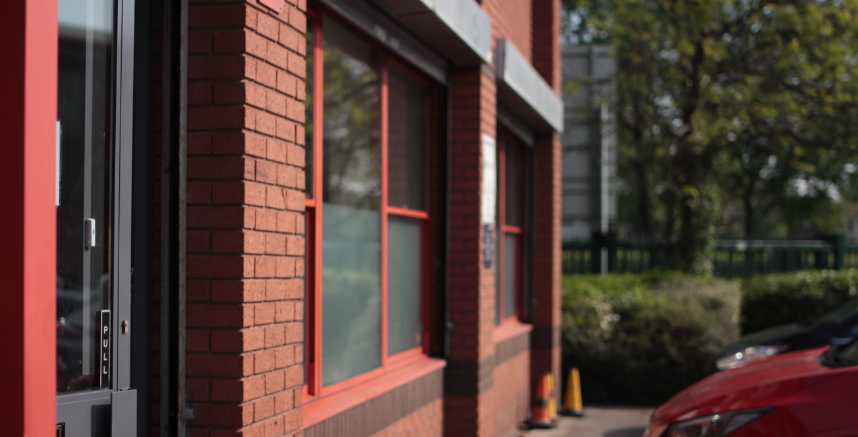
 0161 883 0077
0161 883 0077






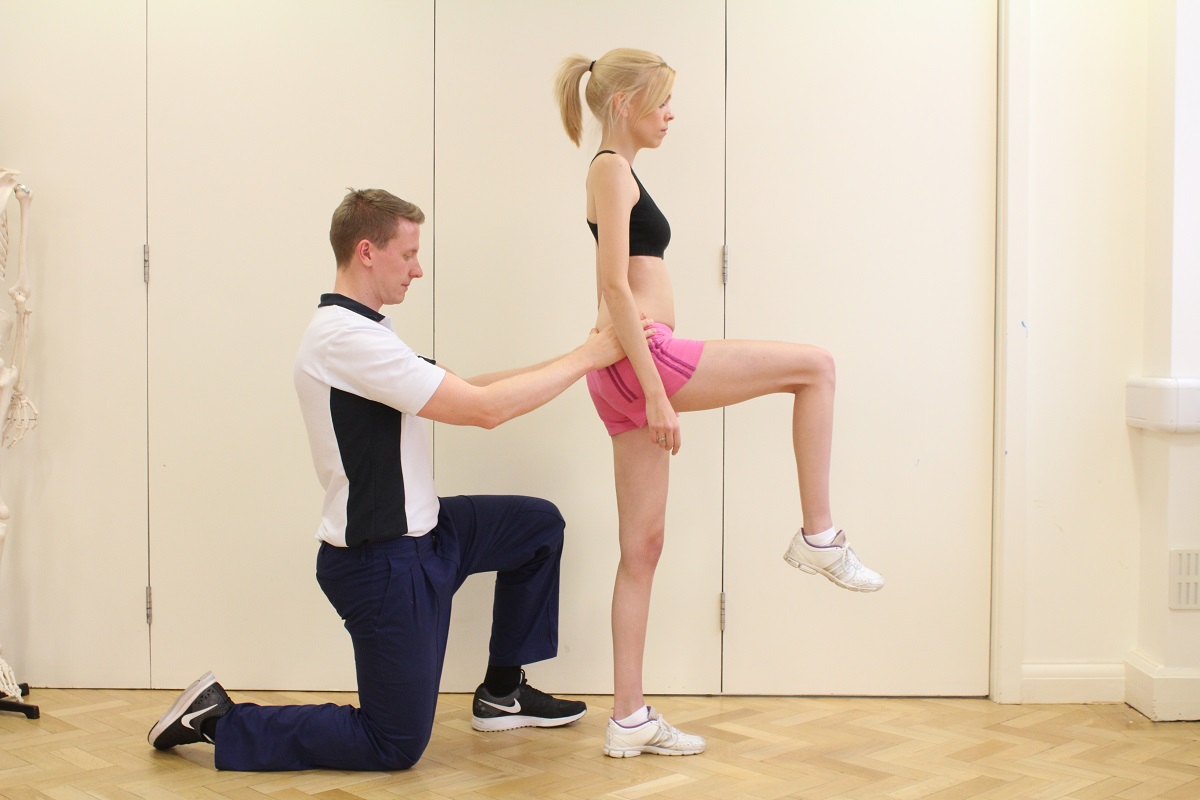

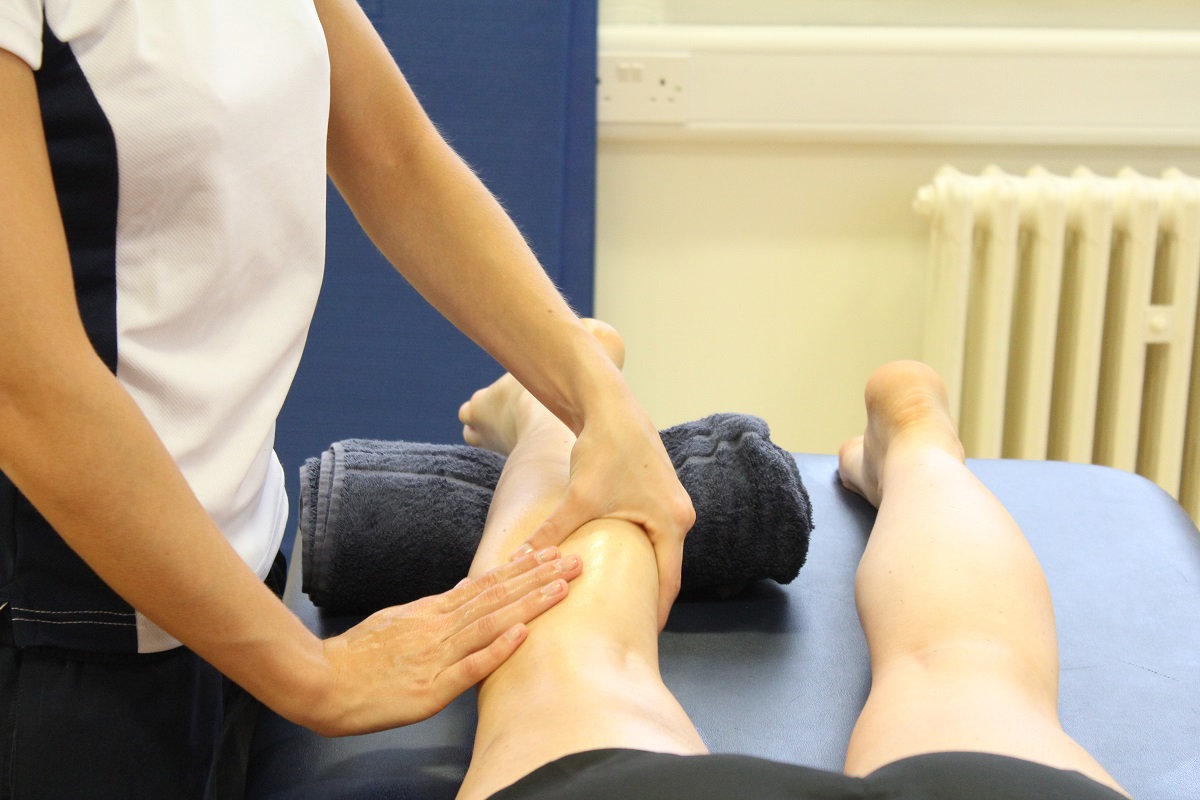



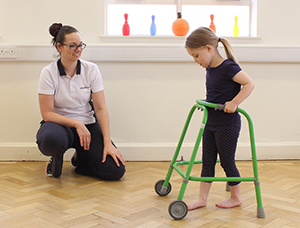
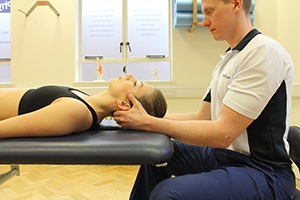






























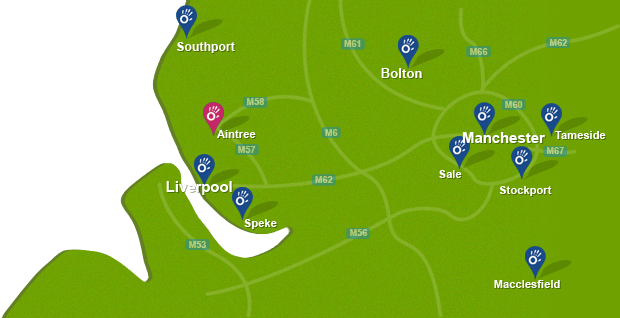

 f
f
